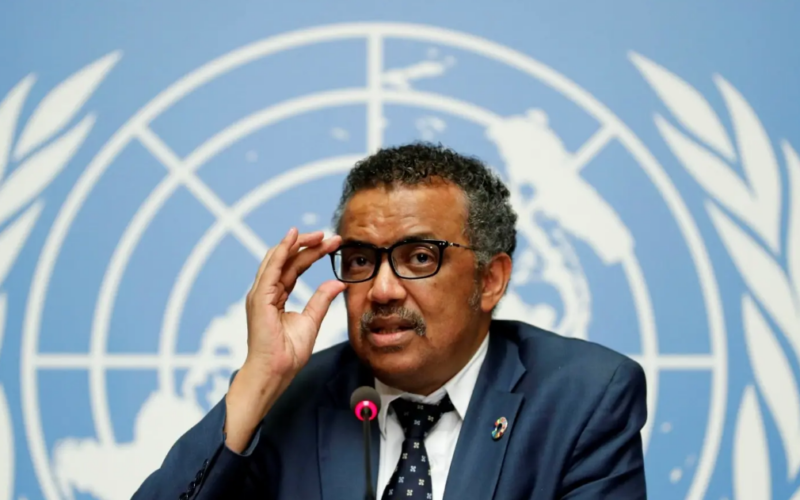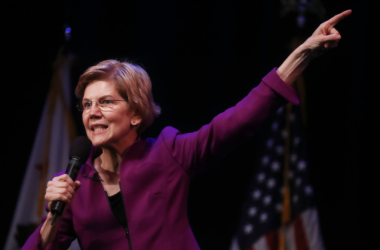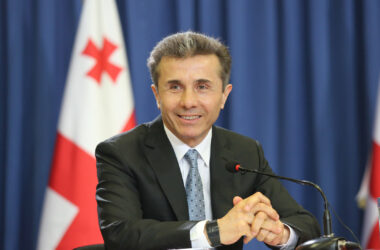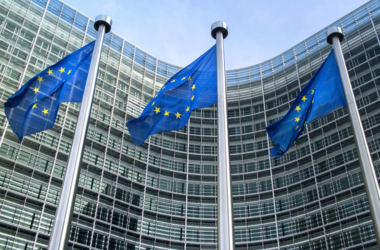As the world grapples with the ongoing challenges posed by the COVID-19 pandemic, the urgency to establish a comprehensive and legally binding treaty on fighting pandemics has taken center stage. However, the Director-General of the World Health Organization (WHO), Tedros Adhanom Ghebreyesus, expressed concerns on Monday that countries may miss the May deadline for reaching a crucial agreement. The proposed pact, along with updates to existing regulations governing pandemic responses, aims to bolster global defenses against emerging pathogens. Tedros warned that failing to meet this commitment could have significant repercussions for future generations.
The development of a new pandemic treaty is viewed as a critical step in fortifying the world’s preparedness and response mechanisms in the face of evolving health challenges. With over 7 million lives lost to the COVID-19 pandemic, as reported by WHO data, there is a heightened sense of urgency to enhance international collaboration and coordination. The proposed accord seeks to address gaps in the existing International Health Regulations (IHR) and establish a more robust framework for managing pandemics.
Despite the imperative nature of the pandemic treaty, Tedros highlighted that several outstanding issues need resolution, raising concerns about the ability of member states to fulfill their commitment by May. The challenges include navigating complex negotiations and reaching consensus on various aspects of the treaty. The WHO Director-General urged member states to prioritize the greater good and work collectively to address the pending issues, emphasizing that a failure to deliver the agreement could be a missed opportunity with lasting consequences.
The gravity of the situation is underscored by the fact that the WHO has managed to secure such a global accord only once before in its 75-year history – the Tobacco Control treaty in 2003. The rarity of these agreements highlights the complexity of reaching consensus on a global scale and the significance attached to the proposed pandemic treaty.
Expressing his concern, Tedros warned that failing to deliver the pandemic agreement and the amendments to the International Health Regulations would be a missed opportunity that future generations might not forgive. The implications of not meeting the May deadline could reverberate across global health governance, potentially leaving gaps in the ability to respond effectively to future pandemics.
While cautioning against the risk of a missed deadline for the pandemic accord, Tedros expressed optimism regarding efforts to combat AIDS, one of the Sustainable Development Goals (SDG) established by the global body. He noted progress in charting a pathway to achieve the SDG target of ending the HIV pandemic, offering a ray of hope amid the challenges.
As the world faces the complex task of navigating the ongoing and future health crises, the WHO’s push for a comprehensive pandemic treaty stands as a pivotal initiative. The concerns raised by Tedros Adhanom Ghebreyesus highlight the need for concerted efforts from member states to overcome challenges and meet the May deadline. The potential impact of a missed opportunity emphasizes the critical importance of global collaboration in shaping the future of health governance. The world watches closely as nations grapple with the responsibility of securing an agreement that could shape the global response to pandemics for years to come.








